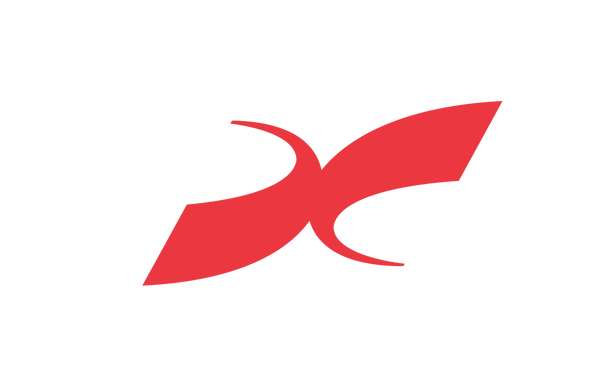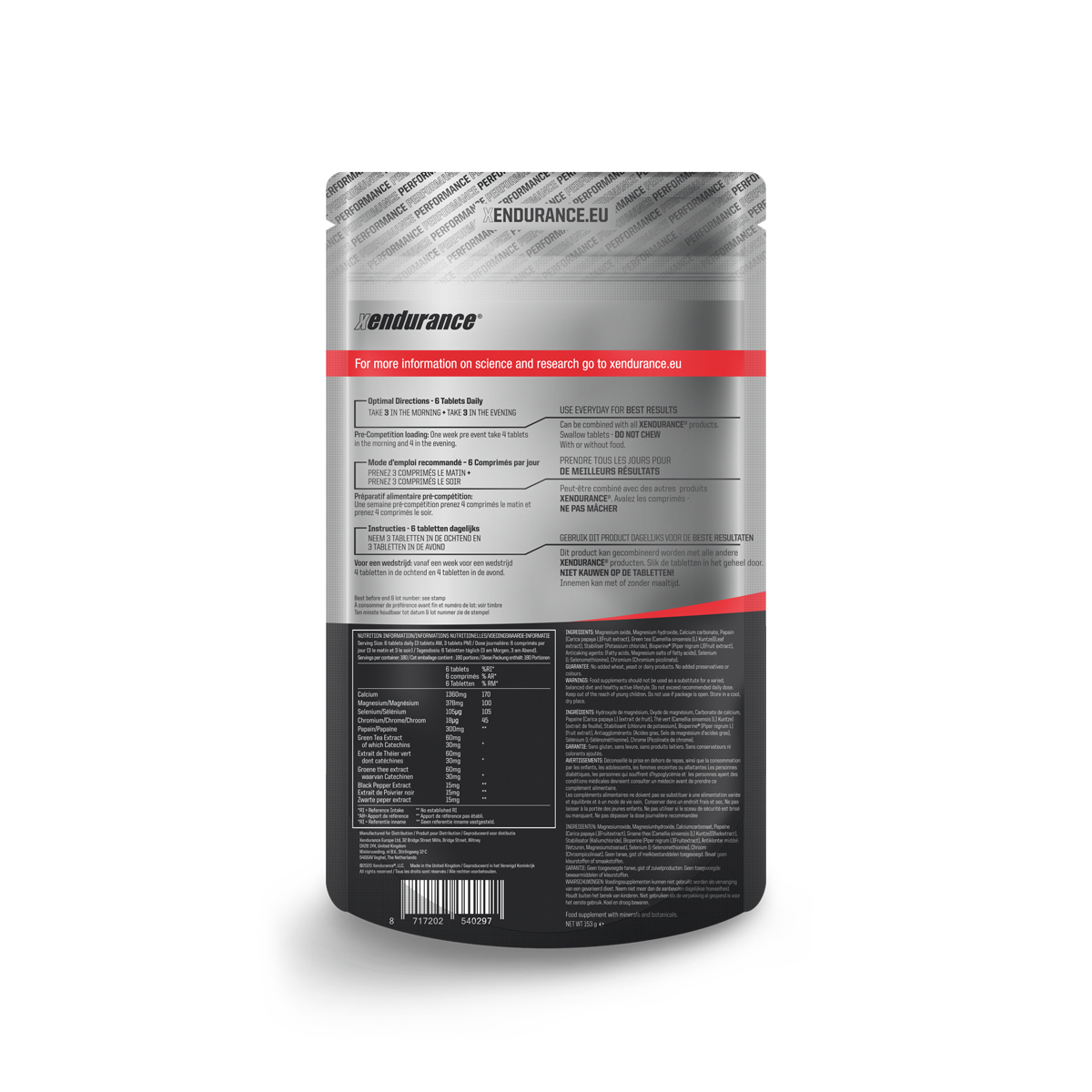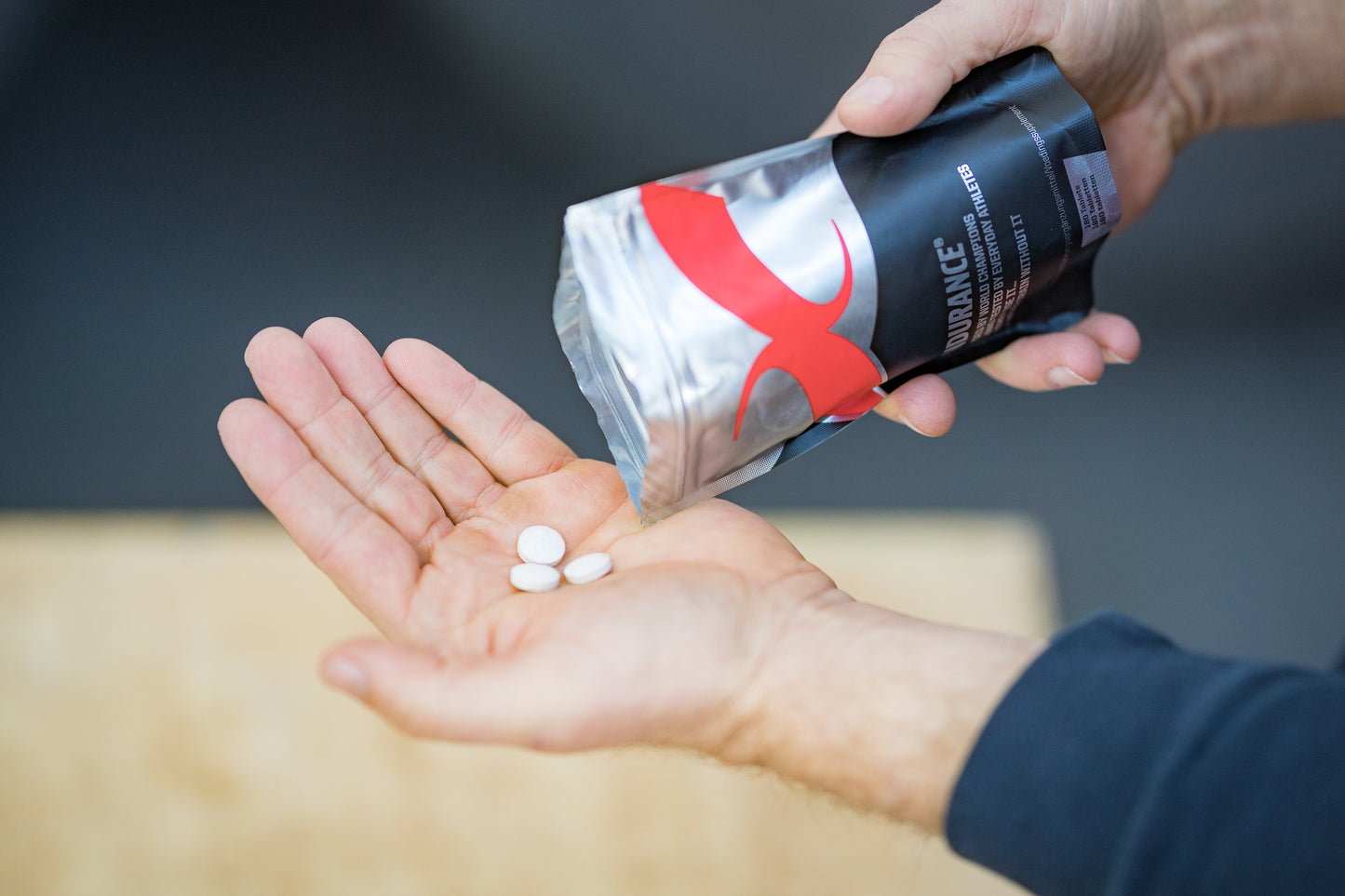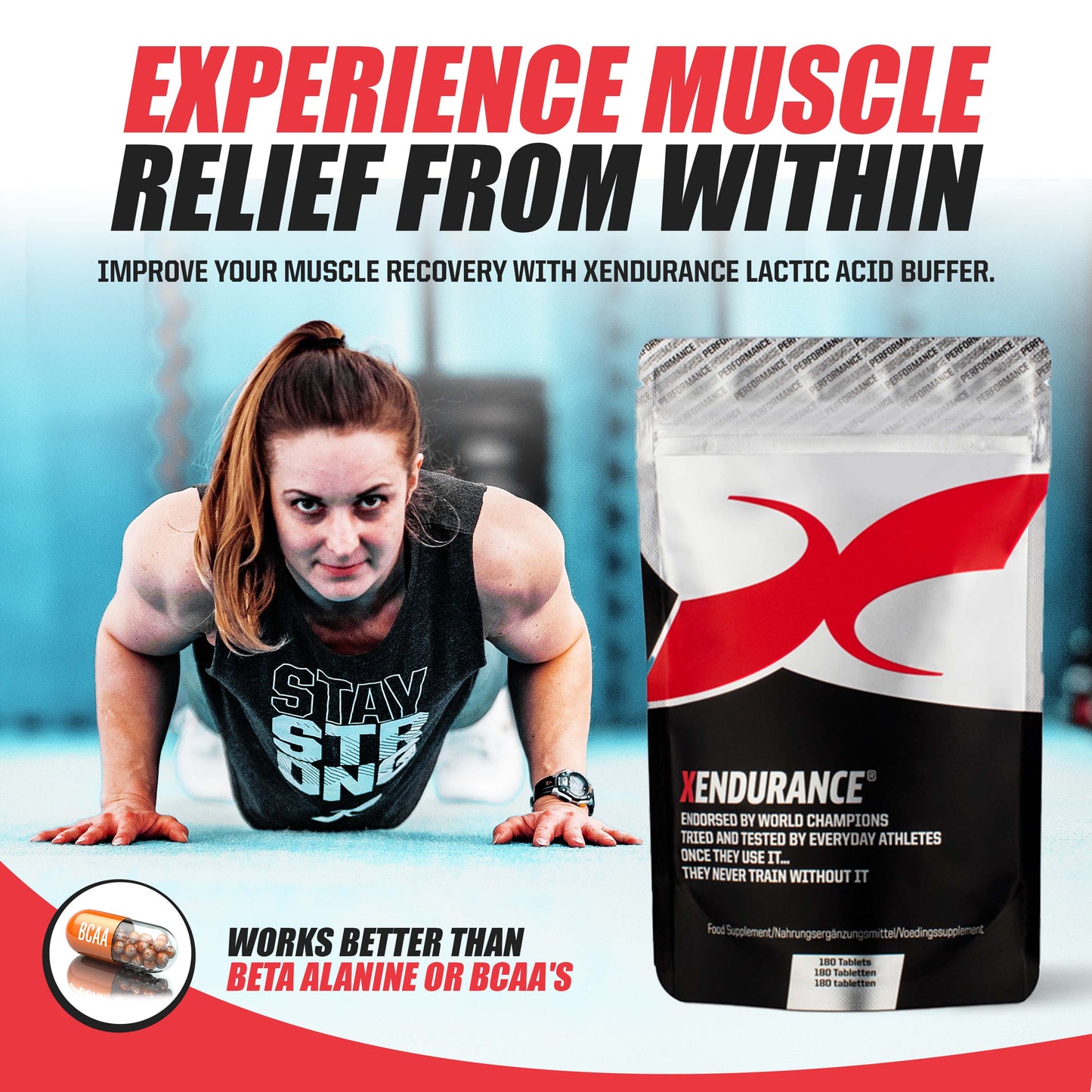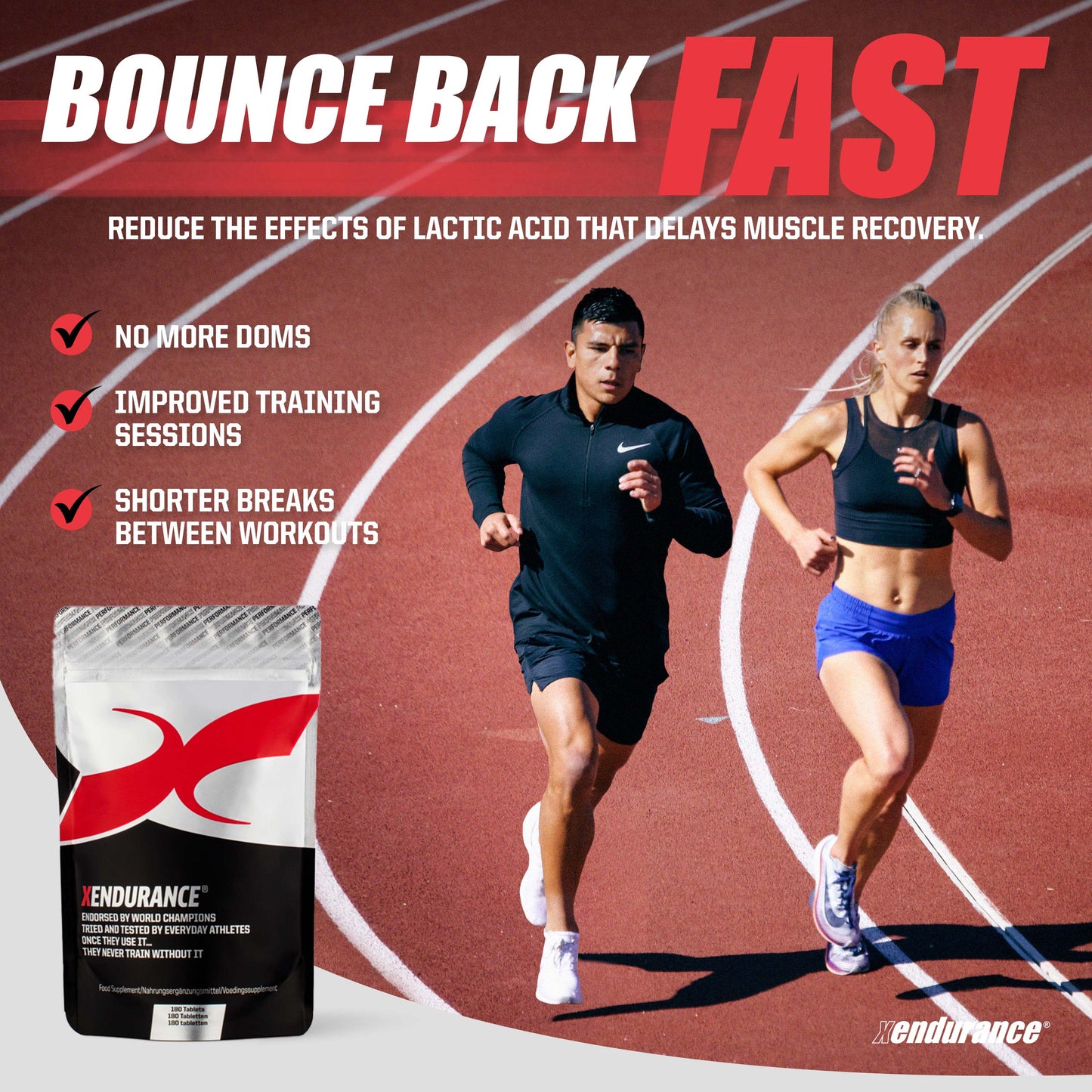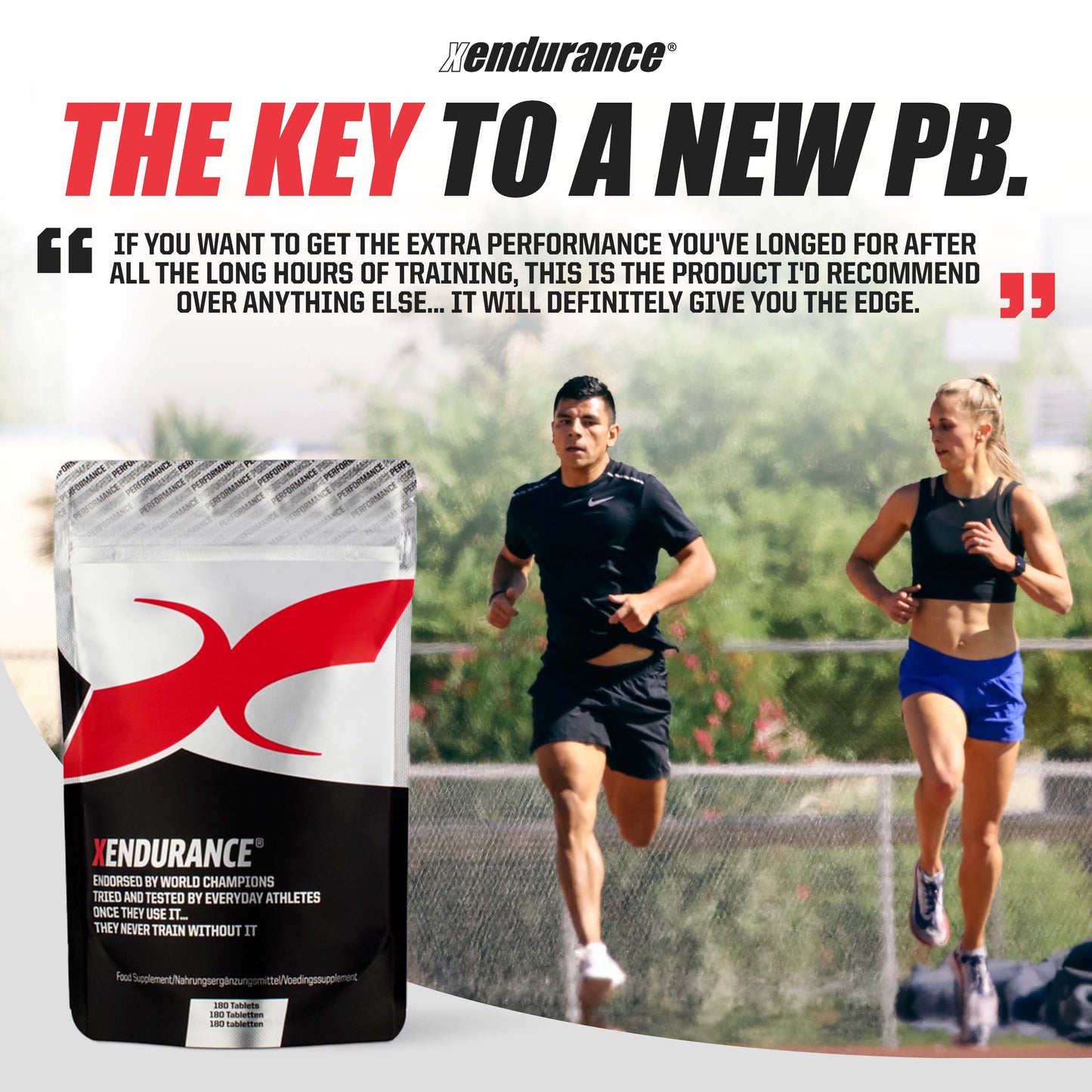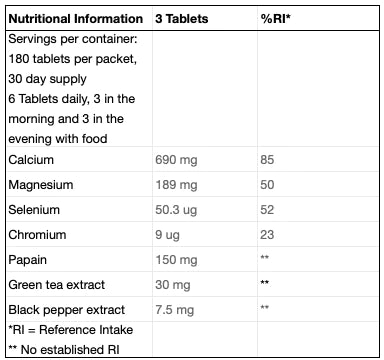Tom Williams is a coach and athlete with Total Tri Training as well as working in Merseyside based ITU, so comes at this article with a great real world perspective on the Pandemic for athletes. Whilst many of us are very fortunate to still be doing what we love, of course this virus has stopped us fully pursuing our dream within the sport from a race, travel and in some cases, motivational stand point.
As many of you know I am an Intensive Care Consultant as well as triathlete. As such I’ve been heavily involved with the response to covid-19 and get asked a lot of questions from athletes and friends. As we enter another lockdown I thought now might be a good time to add to my earlier blog in March about what I will and won’t be doing this time around.
As before, views are my own but I do offer explanations. References are below.
So what will I be doing in the second wave?
Well, I’ll still be doing everything I was the first time around (see original blog) but there are a few new things that have come to light.
1) Taking vitamin D
The body creates vitamin D when exposed to sunlight, something we don’t see a lot of in the UK winter! It is recommended that between the months of October and March the UK adult population take a vitamin D supplement.1 Vitamin D is an essential part of bone and muscle health, so is particularly important in athletes.
Vitamin D has been of interest with covid-19 because of its effect on the immune system and whether could in some way modulate the response to acute infection. At the current time vitamin D isn’t recommended for treatment of covid-19 but given there is good evidence we should be taking it anyway, now is a good time to make sure it’s part of your routine.
[N.B Not all multi-vitamin tablets contain Vitamin D. If you only take a multi-vitamin check the label]
2) Looking after my own (and others) mental wellbeing
This could become a very big issue. We are all fed-up of covid-19. It has changed all of our lives. Restrictions of some kind have been in place for several months. Almost everyone will go through difficult times and low moments in the next few weeks.
So what can we do about it? Well there are few simple things that have evidence behind them to promote mental well-being:
• Exercise. Ok, I’m preaching to the converted here, but at the same time listen to your body. If you are feeling unwell don’t push it and take care not to over-train.
• Have achievable aims. It easy at times like this to just go through the motions without a sense of purpose. Having an achievable aim gives focus and ultimately a sense of achievement. This could be sporting (e.g FTP, run time) or a personal aim.
• Be in the moment and re-frame negative thoughts. This is a useful skill that can improve sports performance too.
• Eat a healthy diet. Believe it or not diet can influence your mental wellbeing.
3) Helping to create community
A sense of community and human interaction is said to be one of the basic human needs. At times of lockdown this can be very limited. There has been a lot of discussion between the TTT coaches about what we can do to further develop the sense of community in TTT. We can’t physically meet, but are very lucky to have the various virtual platforms available to us. Group sessions, social rides on Zwift, S&C, Q&A’s online can all help build our community and offer support. This is also something we can all look to do outside of TTT.
4) Helping others get active
Covid has shone a light on the nation’s health like never before. Obesity has been linked to a poorer outcome from covid-19 infection.4 I am being asked a lot for advice from friends and colleagues on how to get into running or biking, shoes, bikes, how to get the most out of Zwift, etc. Almost all of us have been on the journey from being a novice through to being a more experienced athlete and have gained a huge amount of knowledge along the way. We are in a position where we can encourage and support others just to be a bit more active with all the positive impacts, mentally and physically, that that brings.
Things I won’t be doing…
- Freaking out, overtraining, taking ibuprofen or sharing dubious ‘treatments’ on social media (see blog one).
- Definitely not taking chloroquine
So I mentioned this first time around as chloroquine was being discussed as a theoretical treatment after a small early study showed some biological plausibility. However, when the outcome studies were done it showed no benefit and indeed has been removed from several large studies. This is a great example of why you always wait for ‘proper’ studies to be done before considering taking a treatment. Just because something is doing the rounds on social media, or being promoted by the US president, doesn’t mean it is a useful therapy!
Taking the media at face value
Working in Intensive care over the last six months and reading the media reports has been very interesting. Our media are obsessed with bad news with stories often framed to make a headline.
A nice example was the BBC headline “The NHS workers wearing bin bags as protection" framed in the context of shortages of PPE. It turns out the bin bag in question wasn’t actually a PPE shortage, the staff in question just didn’t like the hats the rest of the NHS was using so were making their own. [BBC 5/4/20]
It is also very easy to report the same numbers in different ways. For example: “Weekly infections almost double.” [Sky News 25/9/20] That was true. At that time from 0.1% to 0.2%. I’m not sure: “The infection rate goes up by 0.1%...” would even be a headline?!
All I can say is always look to separate facts from fiction and the truth from the sensational.
And so on that note I’m going to finish with my views on why we should all be staying positive;
The NHS is amazing…but not only in the ways you might think.
The NHS is one organisation, not lots of competing hospitals as you may find in other health systems. This was a huge asset during the first wave because we all shared information and resources, regionally and nationally. When you are dealing with a new disease this is invaluable. Large trials were conducted and reported very quickly. We have learned a huge amount about the disease and the early numbers from Intensive Care Units in this second wave do suggest that outcomes are improving.
1. Our sport of triathlon has been limited by covid, but there is still an awful lot we can do. Compared with many other sports we are still able to train effectively and even race virtually. Let’s make the most of it.
2. Whilst tough, another lockdown does present opportunities. Perhaps time to work on a weakness? Maybe focus on flexibility or strength and conditioning (something I’ve been promising myself for at least 5 years!).
3. Most important of all; we will get though this. It will be a marathon not a sprint, but even marathons have a finish line. We have the best healthcare system in the world (I freely admit to bias on this point but I genuinely believe it to be true) and we will get through this and out the other side.
So in summary, in my humble opinion:
Look after yourselves, stay positive, stay active and help others do the same.
Dr. Tom Williams
